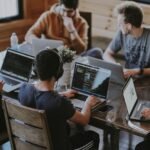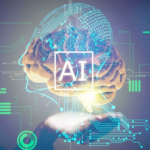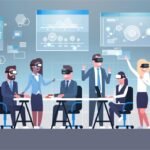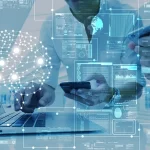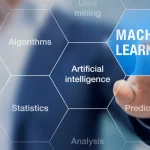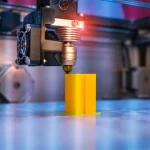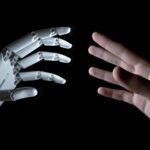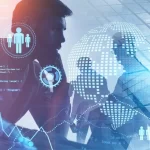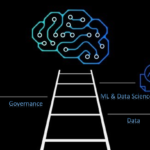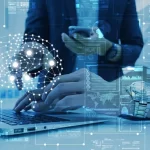Combating Global Health Crises: The Power of AI in Epidemic Prediction and Prevention
Unleashing AI’s Potential for Anticipating and Mitigating Worldwide Health Emergencies
The world’s evolving interconnectedness has brought about heightened vulnerabilities to global health emergencies. Outbreaks that were once contained within specific regions can now rapidly traverse continents, leaving widespread devastation in their wake. However, there is a glimmer of hope in the realm of artificial intelligence (AI) which holds the promise of predicting and preventing these crises.
AI’s remarkable capacity to process vast volumes of data and uncover intricate patterns is proving transformative in the domain of global health. It can meticulously sift through an array of information sources, spanning from social media updates to medical records, and discern early indications of potential outbreaks. This early recognition is paramount in thwarting disease dissemination and curbing their impact.
An illustrative example is BlueDot, a Canadian AI company, which impressively foresaw the emergence of the COVID-19 pandemic nine days prior to the World Health Organization’s official declaration. By analyzing extensive data points, including airline ticket data, this AI system predicted the virus’s propagation from Wuhan to other cities. Such early alerts could have been instrumental in implementing preventive measures to control the virus’s spread.
AI’s role extends further to managing the transmission of diseases. It excels in contact tracing, identifying potential hotspots, and forecasting the future trajectory of epidemics. Employing AI algorithms, diverse data sources like mobile phones and credit card transactions are scrutinized to track people’s movements and pinpoint potential chains of infection. This information can inform targeted lockdowns and quarantine protocols, thereby minimizing the overall impact of the outbreak.
Furthermore, AI holds promise in the realm of vaccine and treatment development. Machine learning algorithms proficiently scrutinize the genetic composition of viruses, predicting potential mutations. This invaluable insight aids in designing vaccines effective against both the current virus strain and potential variations. Additionally, AI can facilitate the identification of prospective drug candidates by analyzing the virus’s structure and foreseeing its interactions with various compounds.
However, the integration of AI for predicting and averting global health crises is not devoid of challenges. Preserving data privacy is a significant apprehension, given that AI systems often rely on personal data for analysis. The specter of false positives, wherein the AI erroneously signals a potential outbreak, looms as another concern. Furthermore, the accuracy of AI predictions hinges on the caliber and quantity of available data, which can pose difficulties in regions with underdeveloped data infrastructure.
Yet, notwithstanding these challenges, AI’s potential in combatting global health crises is immense. With judicious safeguards in place, AI emerges as a potent instrument for predicting and preventing epidemics, potentially saving countless lives. As the world continues to grapple with the ongoing COVID-19 pandemic, the role of AI in shaping our responses to future health emergencies is indisputable.
In summation, AI’s prowess in predicting and forestalling epidemics is boundless. It charts a proactive course in tackling global health crises, enabling us to pre-emptively confront outbreaks. As we unlock AI’s potential, we edge closer to a world where epidemics are anticipated, averted, and adeptly managed, thereby safeguarding the health and well-being of populations across the globe.
Top of Form






